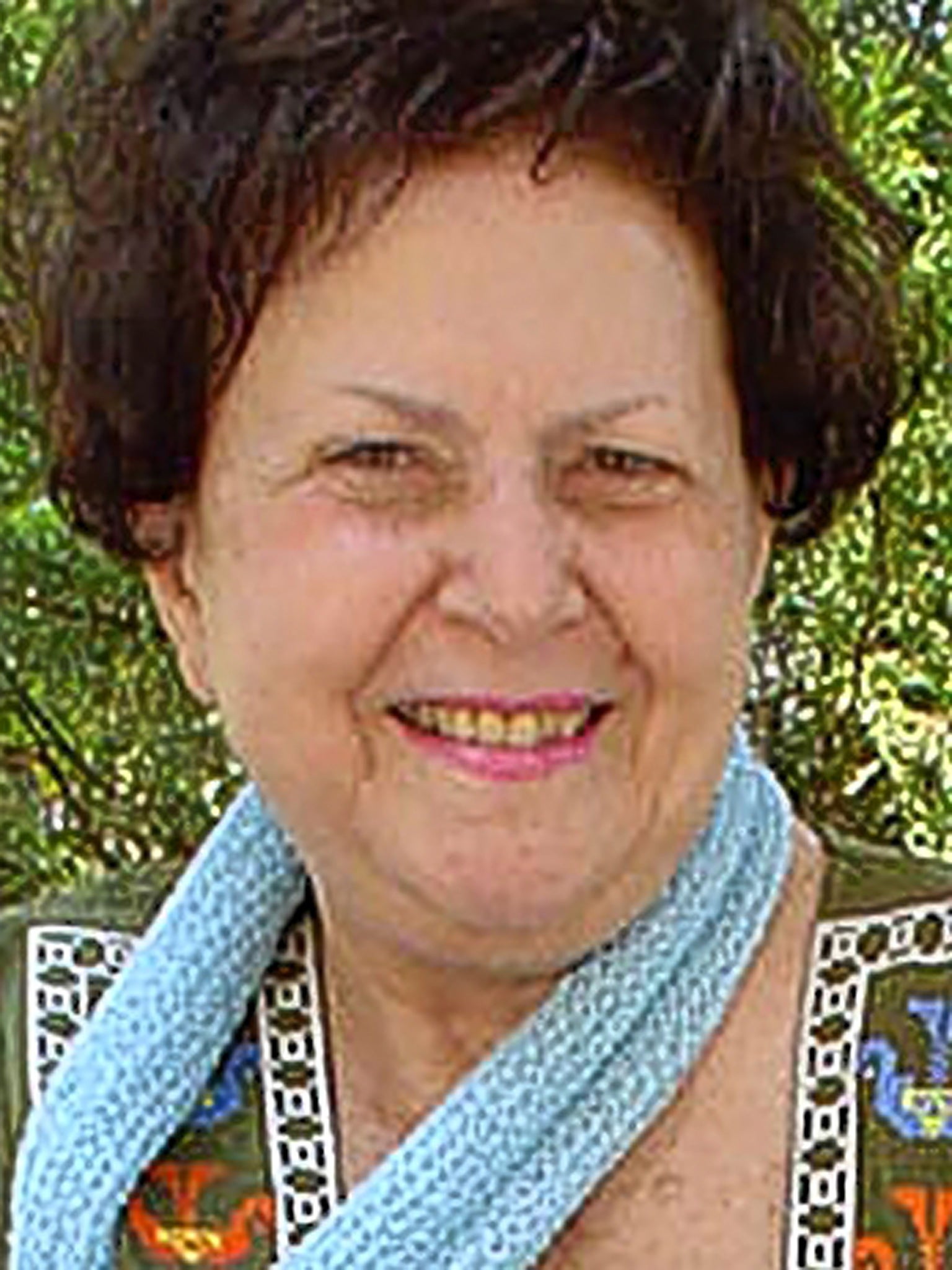Carmen Weinstein: Leader of Egypt's Jewish community

Carmen Weinstein, who died on 13 April at the age of 82, was the leader of Egypt's dwindling and aging Jewish community, known for her tireless work preserving synagogues and a once-sprawling Jewish cemetery. She is due to be buried in the Bassatine cemetery she had worked to save since 1978. It is the only Jewish cemetery left in Cairo and is the largest in Egypt.
The transformation of Bassatine mirrors the changes Egypt has undergone as its population increased rapidly and poverty grew. The cemetery is now a slum of tightly packed redbrick buildings housing thousands of poor Egyptians from villages in the south. Parts were turned into a rubbish tip, while another area was seized by antiquities officials. Weinstein was able to preserve a small area as a Jewish cemetery. Several members of her own family are buried there.
Egypt's once thriving Jewish community largely left more than 60 years ago during hostilities between the country and Israel. Since the creation of Israel in 1948, around 65,000 Jews have left, their departure fueled by rising nationalist sentiment during the Arab-Israeli wars, along with harassment and expulsions by President Nasser. According to a friend of Weinstein, Magda Haroun, only around 40 Egyptian Jews remain, some in Cairo, others in Alexandria.
Like other young Jews, Weinstein attended school and university alongside Muslims and Christians. She was a graduate of Cairo University and the American University in Cairo, where she studied literature. Weinstein's father owned a large print shop in Cairo, and she worked there for half a century after his death. The family's name remains on the shop, which now sells stationery.
As the president of the Jewish Community in Cairo, Weinstein helped persuade Egyptian authorities to renovate at least four Cairo synagogues. The day before she died she had travelled to the Maadi suburb to inspect a renovation. Haroun said that one of her other triumphs was in convincing Egypt's remaining Jews to come together and use Cairo's main synagogue after it had been closed for years. "We were scattered all over Cairo and she managed to regroup us and keep us together," she said. "She insisted that we all celebrate religious events at the synagogue."
Weinstein worked to remind people that Jews in Egypt were once part of the country's vibrant economy and cultural and political life. Haroun said she often reminisced of the Egypt she knew growing up, when neighbours did not ask about one another's religion.
In her last community newsletter, Weinstein wrote about this year's Passover ceremony in late March that was celebrated by about 50 people, many of them diplomats, in Cairo's main synagogue: "The recent declining numbers notwithstanding, we're thankful that we are still a crowd, albeit a small one."
Join our commenting forum
Join thought-provoking conversations, follow other Independent readers and see their replies
Comments
Bookmark popover
Removed from bookmarks